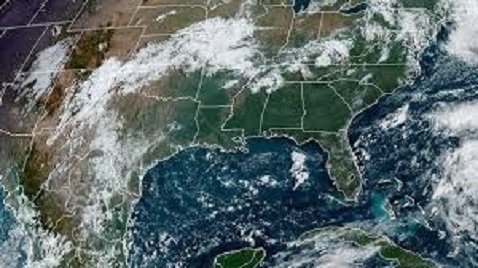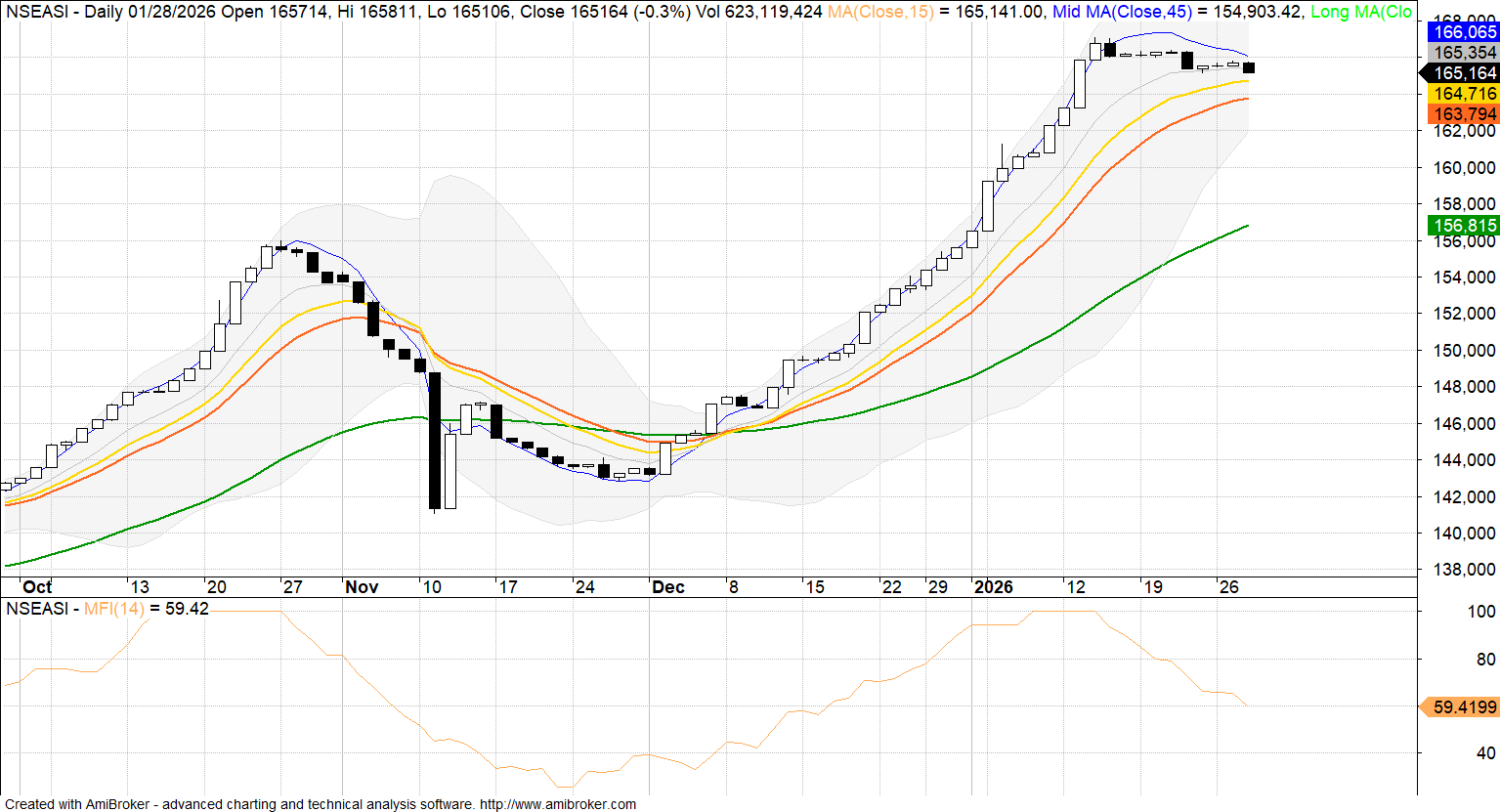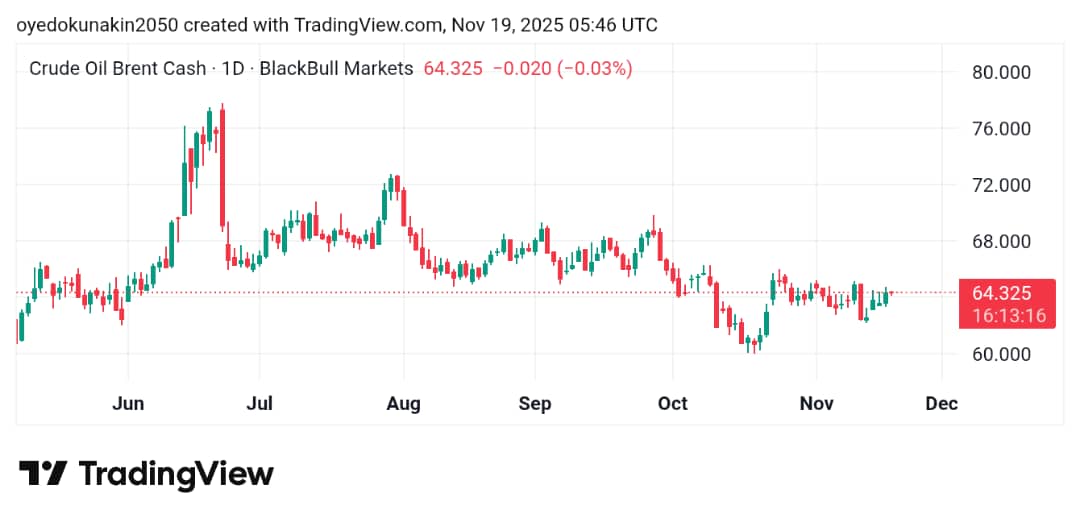
Photo Caption: US President Donald Trump welcomes Japanese Prime Minister Shigeru Ishiba on arrival outside at the White House in Washington, DC
Akintunde Oyedokun
Research Analyst
Oil prices were little changed on Wednesday as markets weighed U.S. trade progress with Japan against ongoing tensions with the EU and China. Brent settled at $68.51 and WTI at $65.25 per barrel. The U.S.-Japan deal eased auto tariffs, but EU officials warned of potential countermeasures on $109 billion of U.S. goods amid talks to avoid a 30% tariff. Despite recent price dips, falling U.S. crude inventories and rising exports provided support. Meanwhile, the U.S. hinted at possible Russian oil sanctions as the EU approved new measures against Moscow.
Japan Sees Path to Rate Hikes as U.S. Trade Deal Eases Economic Uncertainty
Japan’s central bank deputy governor Shinichi Uchida said the recent U.S.-Japan trade deal reduces economic uncertainty, strengthening the case for future interest rate hikes. The agreement, which lowers tariffs on Japanese car exports and avoids new levies, could support wage growth and inflation, Uchida noted. He added that the Bank of Japan will reflect the deal in its July 30–31 policy outlook, while maintaining a balanced approach to economic risks. Though political uncertainty remains, the BOJ still expects to hit its 2% inflation target by 2026–2027.
U.S. Home Sales Drop to 9-Month Low as Mortgage Rates Stay High
U.S. existing home sales fell 2.7% in June to 3.93 million units, the lowest since September 2024, as high mortgage rates and economic uncertainty continued to deter buyers. The slump, coupled with weak homebuilding and falling construction permits, points to ongoing weakness in the housing market — a key sector that, while less than 5% of GDP, drives broader economic activity. With mortgage rates near 7% and the Fed expected to hold rates steady next week, economists anticipate continued sluggishness, despite political pressure from President Trump to cut rates.
South Africa’s Inflation Rises Slightly, Keeping Door Open For Rate Cuts
South Africa’s annual inflation edged up to 3.0% in June, aligning with forecasts and hitting the lower end of the central bank’s 3–6% target range. Despite the uptick, economists see room for further interest rate cuts, citing still-muted inflation, high real rates, and economic weakness. Food and utility costs pushed inflation higher, while fuel prices fell for a fourth month. The South African Reserve Bank’s next policy decision is due July 31.
Nigeria Senate Approves $21bn Borrowing Plan To Fund 2025 Budget
Nigeria’s Senate has approved President Tinubu’s request to borrow over $21 billion to bridge the 2025 budget gap. The borrowing includes $2 billion locally, €4 billion, ¥15 billion, and a $65 million grant, with funds allocated to infrastructure, healthcare, education, security, and housing. About $3 billion will go toward revamping the eastern rail corridor. Tinubu’s push for fiscal expansion follows sweeping reforms that have worsened inflation and strained living conditions. The House is expected to follow with approval.












